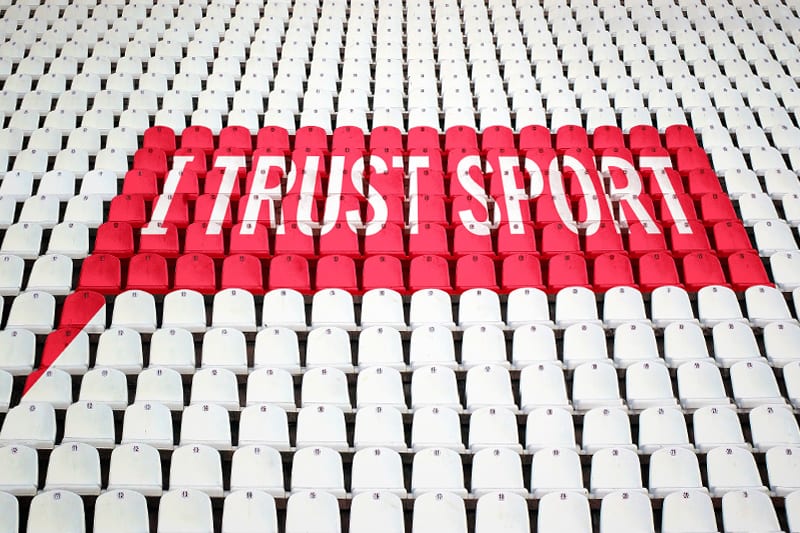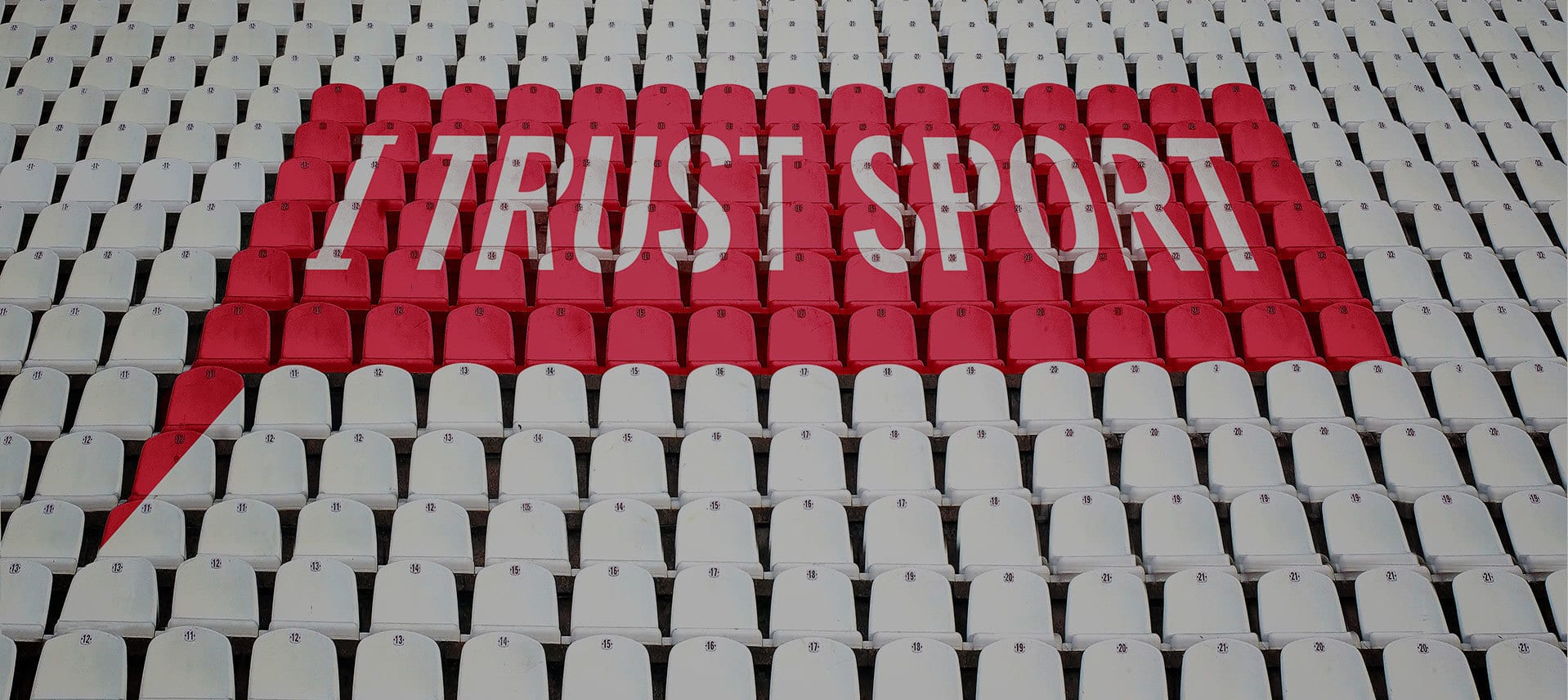I trust sport. I believe sport can be a force for good. I have been involved in sport for as long as I can remember as a participant and fan. For quite a few years I have worked in sports marketing, communications and administration.
That is why I find it frustrating when poor management holds sport back and prevents individuals and societies from gaining the full potential benefit that sport could bring.
Sport can provide opportunities for enjoyable, healthy physical activity, for competition, for entertainment and for friendship. At its best, sport inspires and makes a mockery of discrimination of all kinds.
Yet, most of the time sport operates with very limited resources: a heavy reliance on volunteers; barely adequate facilities and equipment; athletes trying to get by and worried about their career post-competition.
Professional sport is also under considerable financial pressure. In 2013 the sponsorship market is very tough in many countries and television rights are dwindling for all but the biggest sports properties due to the fragmentation of media audiences. In most cases, government funding is static or in decline.
If those of us who believe in sport want to maximise its potential, resources must be managed effectively, efficiently and honestly.
Sadly, this is not happening in some cases. A long series of scandals caused by mismanagement (or even criminality) have knocked the credibility of sports organisations at international and national level. I won't go into details here but many of those listed on the resources page do excellent work to highlight the issues.
It is true that revenues have increased dramatically since the 1980s and that many sports organisations are much more professional than they were a few years ago. It is also true that corruption in sport dates back to Ancient Greek times and that match-fixing has been around for hundreds of years.
However, these are not excuses for complacency. My perception is that we have reached a critical point.
There is some evidence of sponsors stepping away from sport due to fears about doping or match-fixing. The European Union and national governments are starting to erode sport's prized independence, partly in response to concerns about mismanagement (I'm not passing judgement on increased government intervention in sport - it's a fact).
Broadcast audiences for many sports are declining. Increased competition among leisure activities are a threat - sport has no automatic right to attract the attention of the next generation. It's possible that parents will even discourage their children from serious involvement if sport's reputation is damaged by corruption, doping, match-fixing and anti-social behaviour.
In short, it's time to take action.
I Trust Sport is a new company dedicated to improving the governance of sports organisations through collaboration. I think the collaborative approach is important. While confrontation is inevitable when serious problems are uncovered (and livelihoods are at stake), the result may be legal remedies which are expensive, time-consuming and inappropriate for the issue concerned.
At the other extreme, evidence or suspicions of mismanagement have been ignored because it has been easier for stakeholders to do so and because some sports officials have proven adept at avoiding direct accountability to members, fans, governments and peer organisations.
My objective is to provide a middle ground between hostile confrontation and abdication of responsibility: to work in a responsible, collaborative way with a variety of organisations and individuals to help improve governance in sports organisations. You can read a little more about our planned projects here.
I won't make dramatic claims about what I Trust Sport can achieve but I'm convinced that the opportunity exists and that the time is now. Any comments, suggestions and ideas are welcome.
I trust sport. One day, I hope to be able to trust sports organisations to act in the best interests of those of us who value sport. Will you join us?


